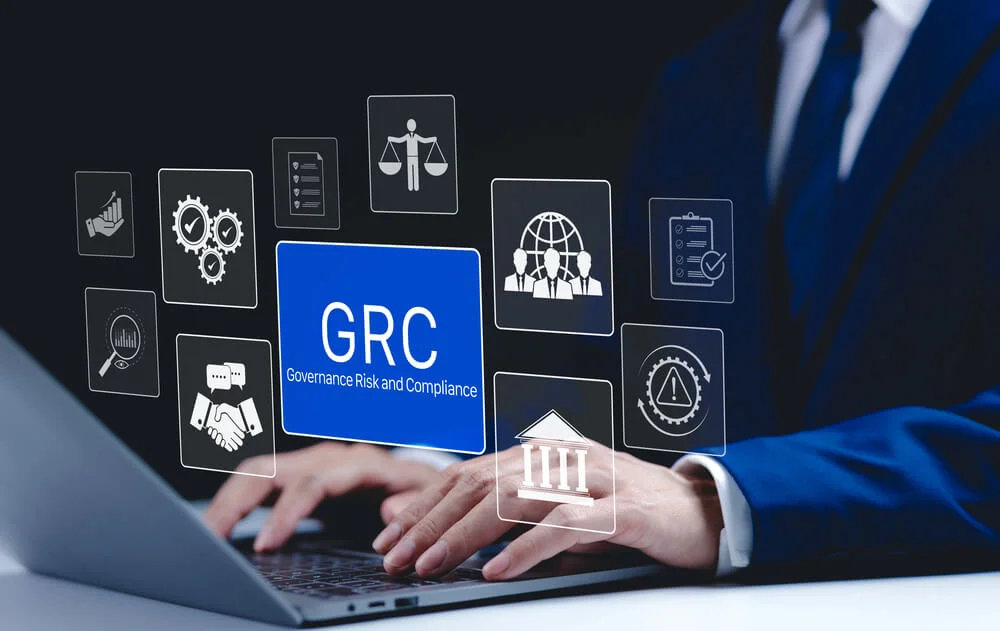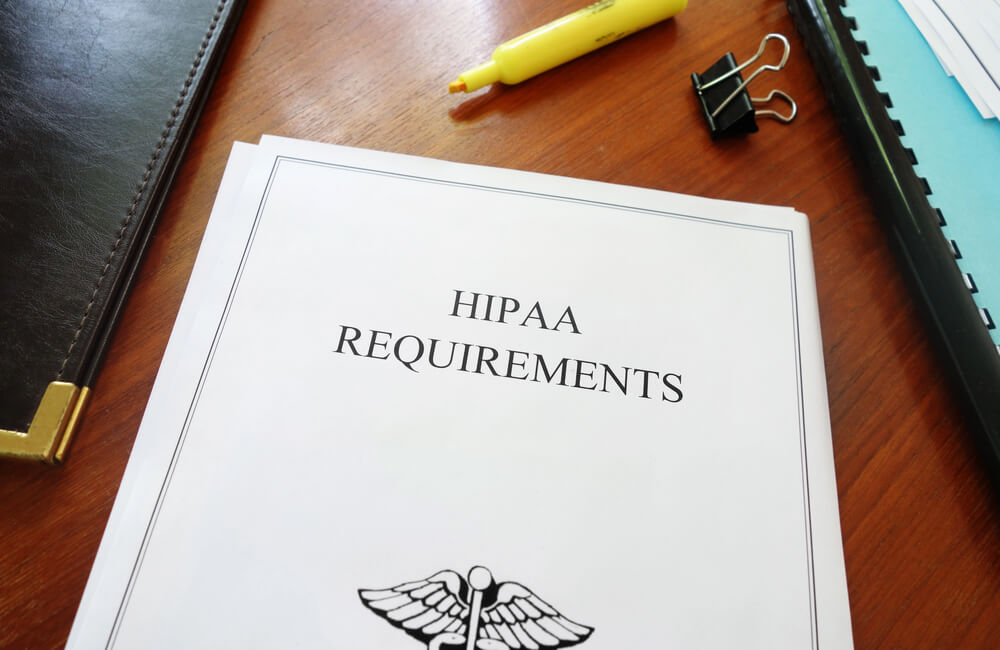How Does Vendor Management Fit Into Your Security and Compliance Plan?
Vendor management is one of the most critical components of a well-rounded security and compliance strategy. It involves working closely with external providers to ensure that they take the necessary steps to protect sensitive data, maintain high security standards and comply with legal and regulatory requirements. Companies also need to take steps to secure data internally.

What Is Vendor Management?
At its core, this refers to the processes and procedures used to oversee vendor relationships and ensure that vendors adhere to best practices regarding data security. This includes working closely with vendors to identify risks and vulnerabilities and implementing robust selection criteria.
Why Is Vendor Management Important?
Appropriate management of vendors is essential to a company’s overall security strategy, as it helps to protect sensitive data from potential threats. This can include everything from malicious hacking to accidental data breaches caused by poorly trained employees or third-party vendors. Vendor relationship management also helps to strengthen those relationships, reducing vendor “lock-in” and making it easier to switch providers if necessary.
What Are Best Practices for Ensuring Vendor Management Complements Security and Compliance Plans?
The management of vendor relationships looks different across various businesses. Security and compliance might also differ across industries and business sizes. Consequently, there is no one best practice rule that suits every business. Consider the following general tips.
Establish Clear Communication Channels
One of the most critical aspects is establishing clear communication channels with your vendors. This can involve scheduling regular meetings to discuss any issues that may arise and sharing relevant security updates or compliance requirements.
Establish Clear Security Guidelines
It is also essential that you establish clear data protection and security practices guidelines. This could include things like the use of strong passwords, data encryption or access controls for vendor-managed devices.
Trust but Verify
Vendor management involves building trust and working together to achieve common goals. However, verifying that your vendors are meeting their obligations and adhering to established security and compliance guidelines is also important.
Ensuring Ongoing Monitoring and Oversight
In addition to establishing management procedures at the outset of vendor relationships, it is vital to continue vendor monitoring and oversight over time. This can mean reviewing vendor reports and data logs regularly and conducting spot-checks or audits to ensure compliance with established standards.
Create a Response Plan for Data Breaches
Scarcely half of all organizations have a company-wide plan for recovering from issues like cyber threats. Do you? Your disaster response plan could involve working with legal counsel to develop a notification process or partnering with vendor experts to conduct forensic investigations. By having a clear plan in place, you can minimize the impact of a data breach and reduce the risk of legal or regulatory action.
How Does Compyl Blend Vendor Management With Security and Compliance?
Compyl streamlines vendor management, data security and compliance by offering one centralized platform that handles everything. Our all-in-one platform facilitates several best practices, such as identity verification, establishing security guidelines, monitoring compliance and maintaining open communication channels. Request a demo to see our software in action.




